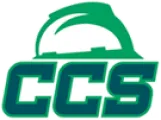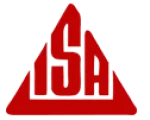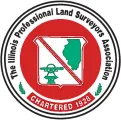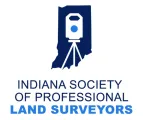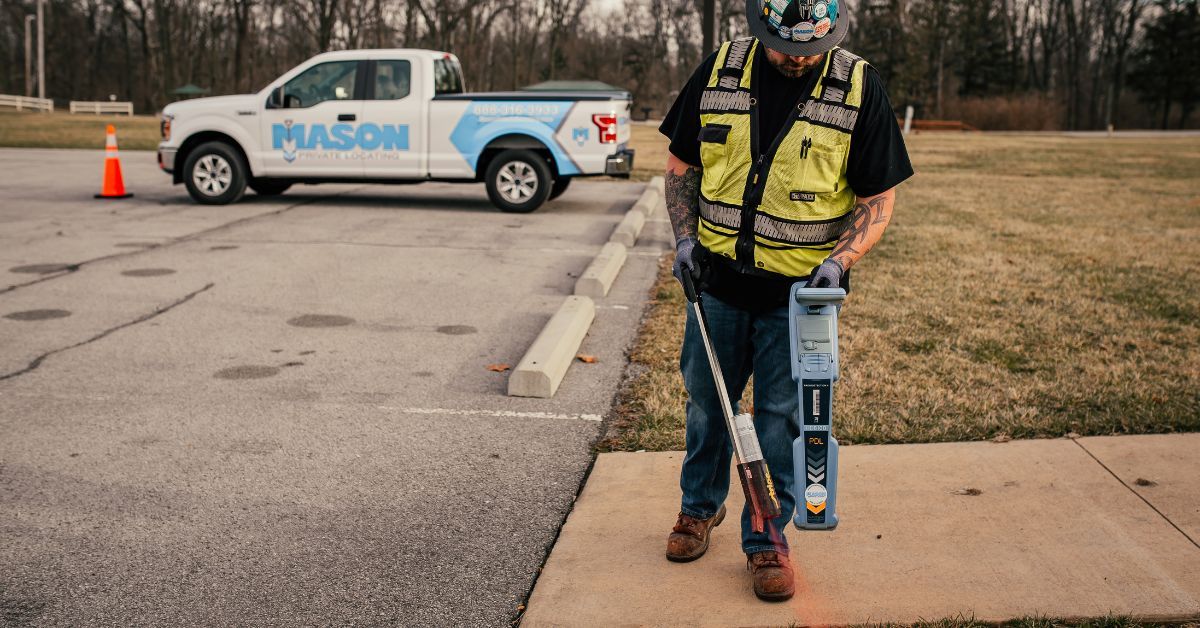
Planning to break ground at your construction site? Before you lift the shovel or operate heavy machinery, ensuring the safety and accuracy of the dig is essential. Calling locating services is a critical step in protecting both the public and your crew while enabling your project to progress efficiently. But what information will you need to have when calling for locating services?
We'll answer that and more in our helpful guide to calling locating services. We'll explain instances where you need locating services, the difference between public and private utilities, why you need to call before you dig, and more.
When You Need To Call Locating Services
First, you need to know when to engage locating services for your project. Generally, you must call when your project involves any type of digging or excavation. Excavation activities include grading land, trenching for utility lines, or constructing building foundations. Whether it's a large-scale construction project or a modest home improvement job, knowing the location of underground utilities is a non-negotiable safety measure.
While it may be tempting to skip this step in small-scale cases, failing to identify underground utilities exposes your team to potential risks and expensive damages. Broken utility lines, disrupted services, and repair costs are just the beginning of the problems you'll face if you accidentally strike a utility line. Compliance with local regulations also necessitates this process, making it a legal requirement in most scenarios.
Understanding Public and Private Utility Locating Services
A key distinction when planning your locating service request is knowing the difference between public and private utilities. Many are familiar with public utilities and the 811-call system, which connects diggers with the utility maintenance managers who send out their locators to mark the on-site utilities. These utility lines include water, gas, electricity, cable, and sewer lines that run from the main service lines up to your property boundary or a dissemination point.
However, not all underground utilities fall under public regulation—in fact, most underground utilities are privately owned. Private utility lines require a special locating service.
Public locate services don't detect private utilities. This is why any excavators need to also engage private underground utility locating companies to ensure that they have an accurate and precise assessment of all underground utilities before digging. Neglecting to arrange both types of utility locates could result in costly disruptions, unanticipated repairs, and safety hazards.
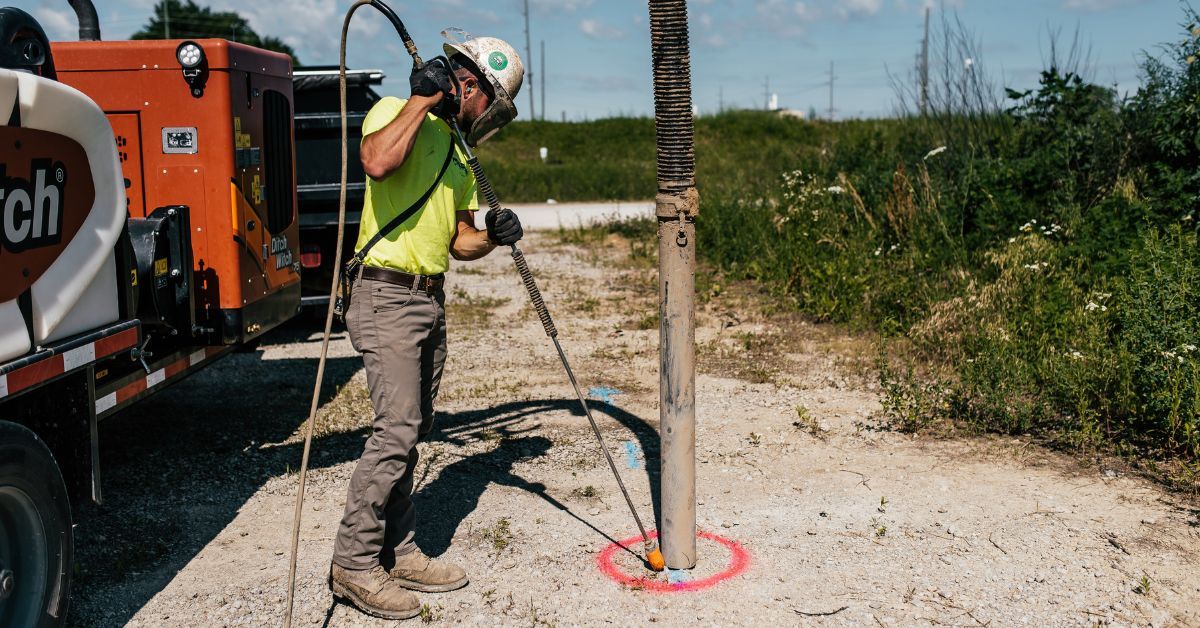
Why Call Before You Dig?
Whether you're managing an excavation on undeveloped land or breaking ground for urban infrastructure, calling locate services is a critical first step to maintaining compliance and safety. Many states and jurisdictions mandate contacting a locate service before digging to adhere to utility protection laws.
Beyond regulatory compliance, ensuring the safety of your team and the surrounding community must always be the priority, and utility locating before digging is a safety requirement. Striking a gas line can cause hazardous leaks or explosions, and severing an electric line could cause irreversible damage to equipment or severe injuries. Properly marking utilities mitigates immediate dangers and minimizes the risk of project delays and additional expenses. By having both public and private locators on your jobsite, you reduce uncertainties and create a safer, more predictable work environment.
Site and Project Information To Provide to Locators
When you engage public and private utility locators to assess your digging site, you need to do more than make a phone call. You'll also have to provide certain information when calling for locating services so locators can arrive with precise details and handle the job quickly and effectively.
Project Scope and Exact Location
The first and most important information excavators need to provide to public and private utility locators is the location of the site and the scope of the project. Communicate what kind of activities you intend to conduct, such as trenching, boring, or grading. Providing precise measurements or geographical markers (like GPS coordinates) for the site area will accelerate the process and maximize precision when marking utilities underground.
You can also consider whitelining, which is a simple step that makes a big difference for both safety and efficiency in underground utility locating. By using white paint or flags, you can clearly mark the exact area where you plan to dig. This helps the locator know where to focus so they don't waste time or miss anything important.
Site Maps or Drawings
Furnishing site maps or engineering drawings helps locators understand the terrain and the underlying features. Diagrams highlighting previous utility installs, conduit routes, and known assets supplement the locator's ability to interpret subsurface data. Even rudimentary sketches offer valuable guidance in the absence of precise mapping resources.
Timelines and Deadlines
Providing information about your project's timeline ensures that locating services make their schedule accordingly. Be clear about your deadlines and consider requesting locates well before you plan on excavating the site to give yourself leeway should there be any adjustments or unforeseen delays.
Contact Information
Lastly, don't forget to provide the locators with reliable points of communication in case they need to address unanticipated issues during the locating process. Ensure that your contact details, including phone numbers and email addresses, are accurate. Assign someone qualified in your team to liaise with the locators for technical clarifications if necessary.
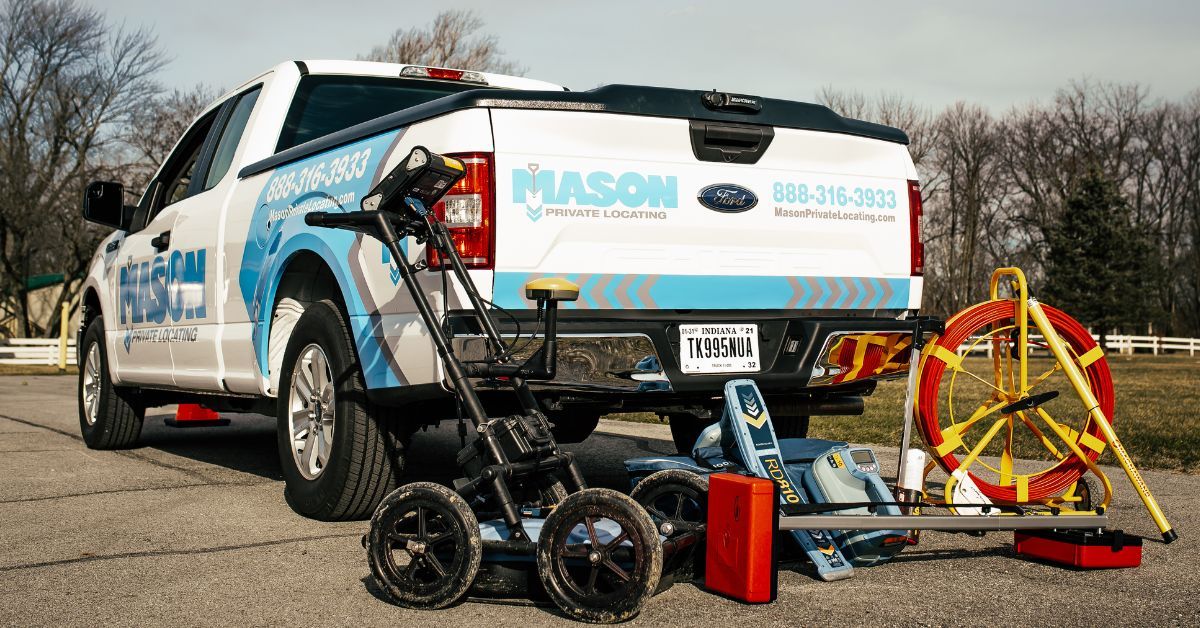
Benefits of Accurate Locating Services
We've discussed that hiring locating services is a legal safety requirement, but there are many practical advantages to engaging locators as well. Accurate locating services can save your project time and money as they ensure the safety of the site and prevent any collateral damage.
Preventing Damages and Ensuring Safety
Accurate and professional locating services are vital for preventing damage and safety hazards. Striking unknown underground utilities can halt your project, lead to significant fines, incur hefty repair costs, and cause potential legal liabilities. More importantly, it ensures your team avoids injuries, making safety an undeniable benefit.
Saving Time and Minimizing Disruptions
Precision tracking of utilities saves valuable time and minimizes operational disruptions. By avoiding delays from unknown conflicts, your workflow stays on schedule. This efficiency builds trust with clients and stakeholders, showcasing your organization as dependable and committed to best practices.
Long-Term Cost Savings
Professional locating services are a smart investment. The initial cost is minimal compared to the expenses incurred from accidental strikes or infrastructure damage. By preventing such issues, you create substantial long-term cost savings for your projects.
Professional Locating Services From Mason Private Locating
Calling for locating services before any digging project isn't just about compliance—it's necessary for safety and project success. Understanding public and private utilities, following safety laws, and sharing key details like project scope and timelines create a solid foundation for efficient excavation. Accurate locating services reduce risks, protect your reputation, and save valuable resources, ensuring smooth progress without costly setbacks.
If you need utility locating services, look no further than Mason Private Locating (MPL). We can locate all public and private utilities for greater efficiency with our comprehensive process and experienced technicians. Ensure the safety of your digging site with MPL today.


